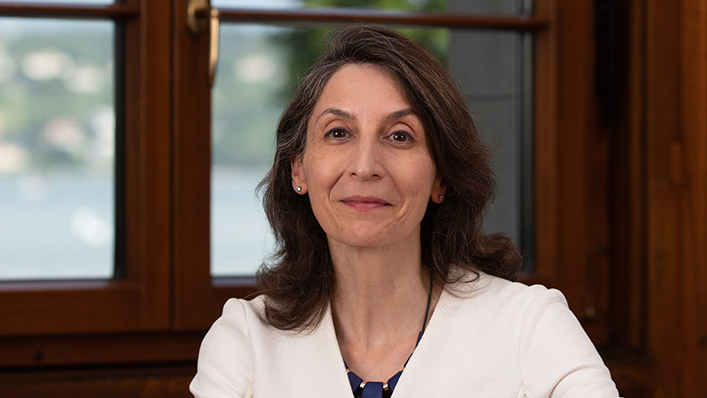
Citing alarming data from the UN Food and Agriculture Organization (FAO) showing that 38% of global fish stocks are overexploited, DDG Ellard stressed that rebuilding stocks to sustainable levels could yield 16.5 million more tonnes of fish annually and generate USD 32 billion in economic gains. “Sustainable fisheries are not only critical for biodiversity and food security but also for the economic viability of communities that depend on them,” she said.
Highlighting recent progress, DDG Ellard welcomed the decline in the provision of high-risk subsidies such as fuel support, as reflected in the OECD’s 2025 Review of Fisheries. However, she warned that 65% of global fisheries support risks encouraging unsustainable practices. “Imagine,” she emphasized, “what a positive difference we could make in improving fish stocks if we redeployed the USD 22 billion spent annually in harmful fisheries subsidies and instead dedicated these funds to fisheries management and improvement of fish stocks.”
Adopted in 2022, the WTO Agreement on Fisheries Subsidies targets the worst forms of subsidies — those linked to illegal, unreported and unregulated (IUU) fishing, overfished stocks, and unregulated high seas fishing — while preserving policy space for responsible support, particularly for small-scale and artisanal fishers.
To date, 95 WTO members have deposited their instruments of acceptance — 16 short of the two-thirds threshold required for entry into force. “We are so close. I urge the remaining members to ratify swiftly so we can celebrate this milestone together at the United Nations Ocean Conference in June,” said DDG Ellard.
DDG Ellard also highlighted the WTO Fish Fund, which will provide support for developing and least developed country (LDC) members to implement the Agreement and undertake fisheries management if they have formally accepted the Agreement.
DDG Ellard further noted that WTO members are also working toward concluding a second wave of negotiations to develop additional rules addressing subsidies that contribute to overcapacity and overfishing.
“We nearly reached consensus on a new text last December. A handful of members were not yet ready. But this remains within reach if members come together,” she said.
The Chair of the negotiations, Ambassador Einar Gunnarsson of Iceland, is consulting with members to bridge gaps and advance the process before the summer.
DDG Ellard reiterated that multilateral cooperation — with organizations like the OECD, FAO and World Bank — is critical to success. “The future of our ocean and the resilience of coastal communities depend on what we do next,” she concluded.
Share
Reach us to explore global export and import deals